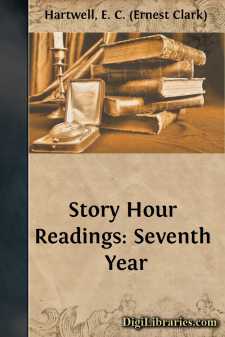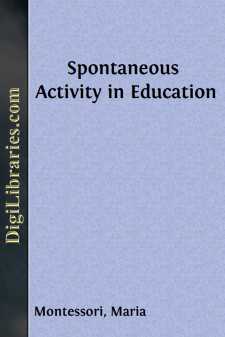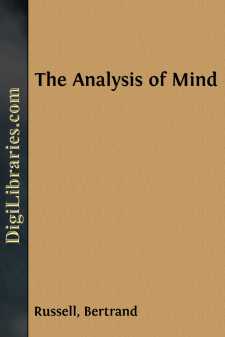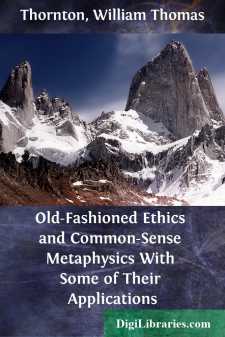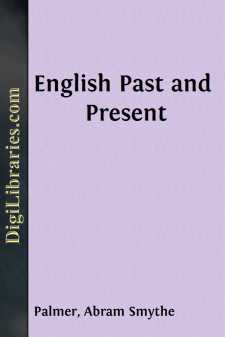Categories
- Antiques & Collectibles 13
- Architecture 36
- Art 48
- Bibles 22
- Biography & Autobiography 813
- Body, Mind & Spirit 142
- Business & Economics 28
- Children's Books 17
- Children's Fiction 14
- Computers 4
- Cooking 94
- Crafts & Hobbies 4
- Drama 346
- Education 46
- Family & Relationships 57
- Fiction 11829
- Games 19
- Gardening 17
- Health & Fitness 34
- History 1377
- House & Home 1
- Humor 147
- Juvenile Fiction 1873
- Juvenile Nonfiction 202
- Language Arts & Disciplines 88
- Law 16
- Literary Collections 686
- Literary Criticism 179
- Mathematics 13
- Medical 41
- Music 40
- Nature 179
- Non-Classifiable 1768
- Performing Arts 7
- Periodicals 1453
- Philosophy 64
- Photography 2
- Poetry 896
- Political Science 203
- Psychology 42
- Reference 154
- Religion 513
- Science 126
- Self-Help 84
- Social Science 81
- Sports & Recreation 34
- Study Aids 3
- Technology & Engineering 59
- Transportation 23
- Travel 463
- True Crime 29
Our website is made possible by displaying online advertisements to our visitors.
Please consider supporting us by disabling your ad blocker.
The Teaching of History
Categories:
Description:
Excerpt
I
SOME PRELIMINARY CONSIDERATIONS
Assumptions as to the teacher of history
This monograph will make no attempt to analyze the personality of the ideal teacher. It is assumed that the teacher of history has an adequate preparation to teach his subject, that he is in good health, and that his usefulness is unimpaired by discontent with his work or cynicism about the world. It is presupposed that he understands the wisdom of correlating in his instruction the geography, social progress, and economic development of the people which his class are studying. He is aware that the pupil should experience something more than a kaleidoscopic view of isolated facts. He recognizes the folly of requiring four years of high school English for the purpose of cultivating clear, fluent, and accurate expression, only to relax the effort when the student comes into the history class. He knows that the precision, logic, and habit of definite thinking exacted by the pursuit of the scientific subjects should not be laid aside when the student attempts to trace the rise of nations. Let us go so far as to assume a teacher who is both pedagogical and practical; scholarly without being musty; imbued with a love for his subject and yet familiar with actual human experience.
Actual conditions confronted by the teacher
There are from one hundred and eighty to two hundred recitation periods of forty-five minutes each, minus the holidays, opening exercises, athletic mass meetings, and other respites, in which to teach a thousand years of ancient history, twenty centuries of English history, or the story of our own people. The age of the student will be from thirteen to eighteen. His judgment is immature; his knowledge of books, small; his interest, far from zealous. He will have three other subjects to prepare and his time is limited. Also, he is a citizen of the Republic and by his vote will shortly influence, for good or ill, the destinies of the nation.
The purpose of this monograph is to discuss the means by which the teacher can engender in this student a genuine enthusiasm for the subject, stimulate research and historical judgment, correlate history, geography, literature, and the arts, cultivate proper ideals of government, establish a habit of systematic note-taking, and possibly prepare the student for college entrance examinations.
Very obviously each moment of the child's time and preparation should be wisely directed. Each recitation should perform its full measure of usefulness, in testing, drilling, and teaching. There will be no time for valueless note-taking, duplication of map-book work, ambiguous or foolish questioning, aimless argument, or junketing excursions.
What should be done on the day of enrollment
The day that the child enrolls in class should begin his assigned work. In the first ten minutes of the first meeting of the class, while the teacher is collecting the enrollment cards, he should also gather some data as to his students' previous work in history....



